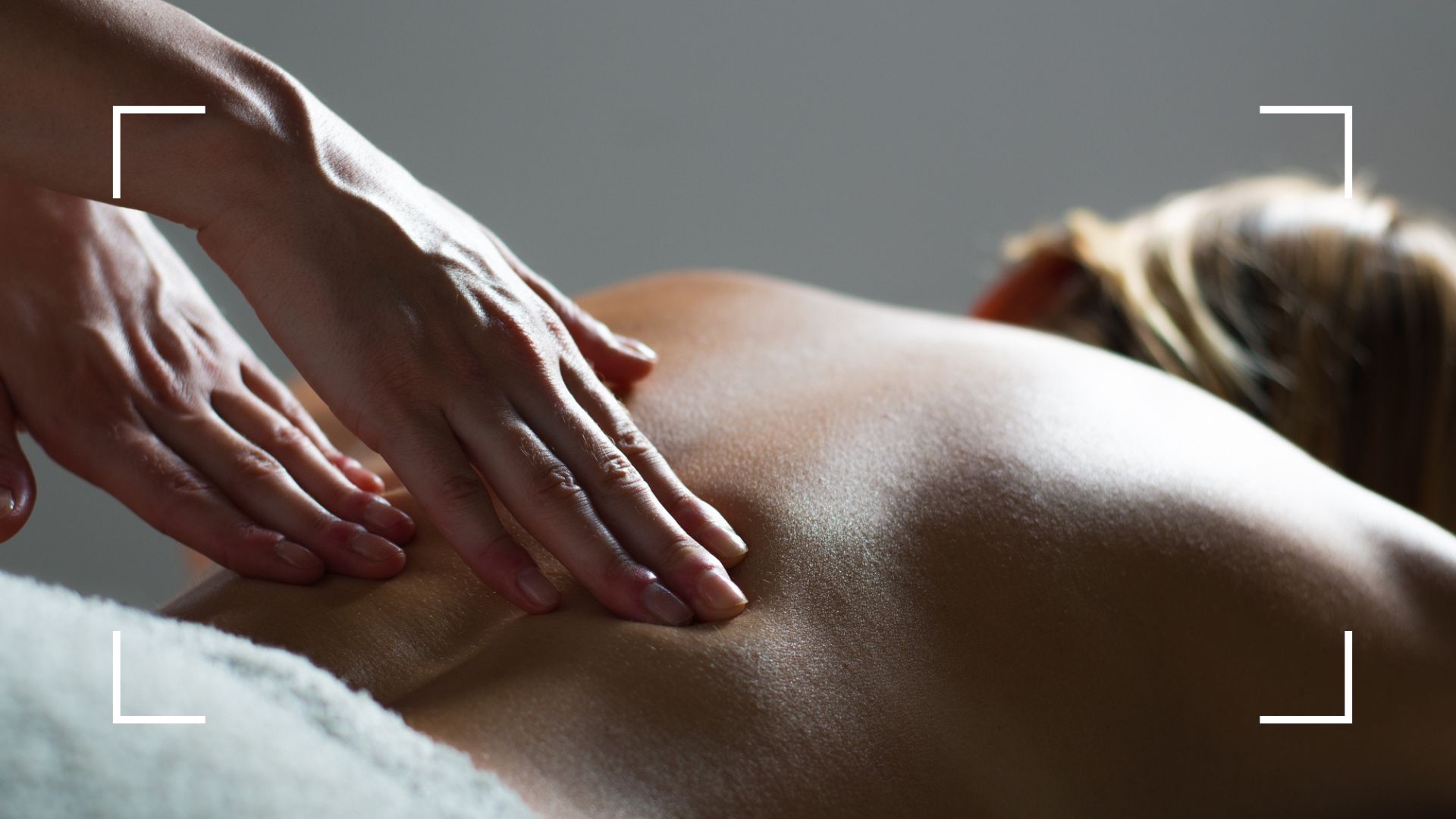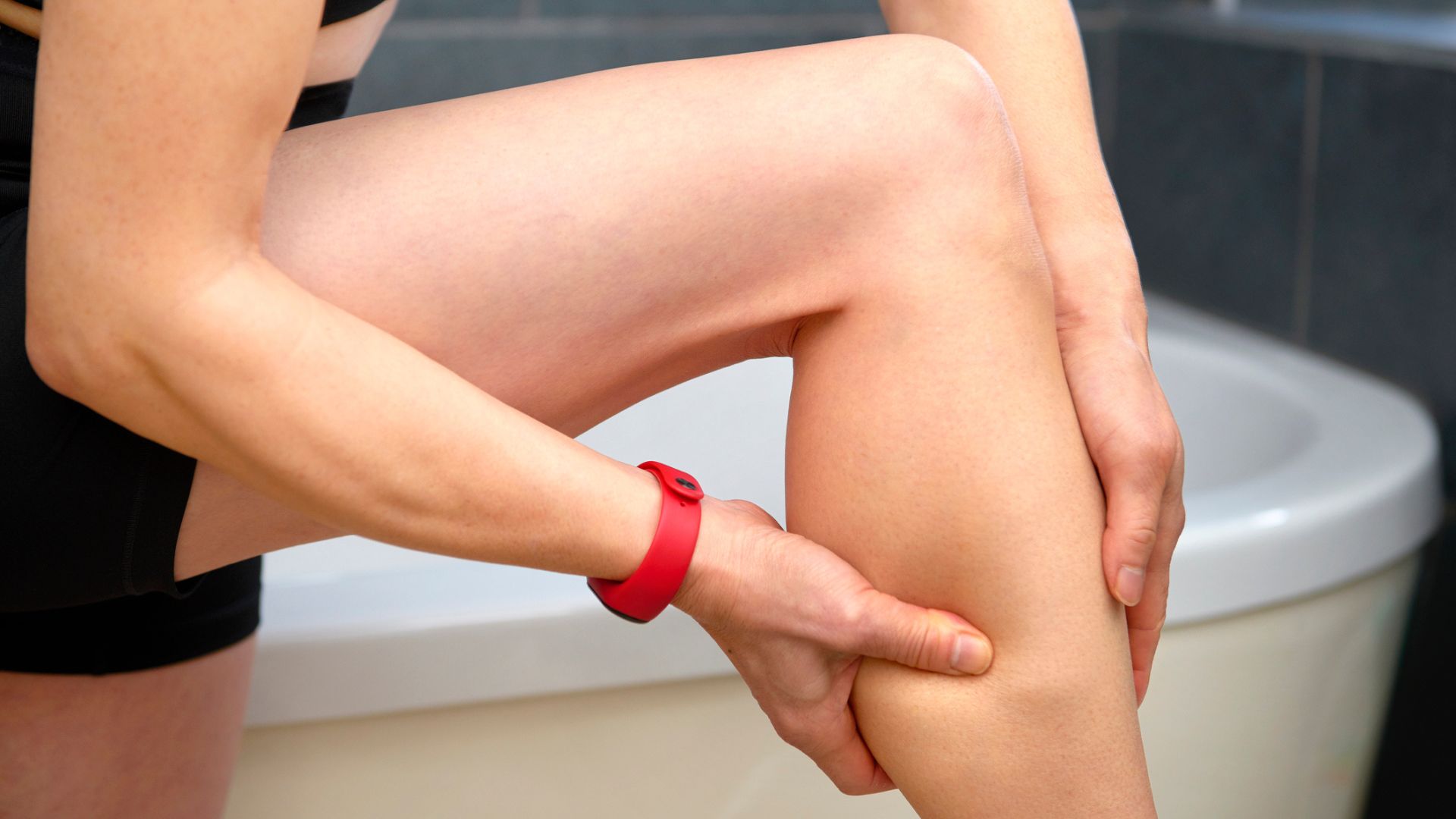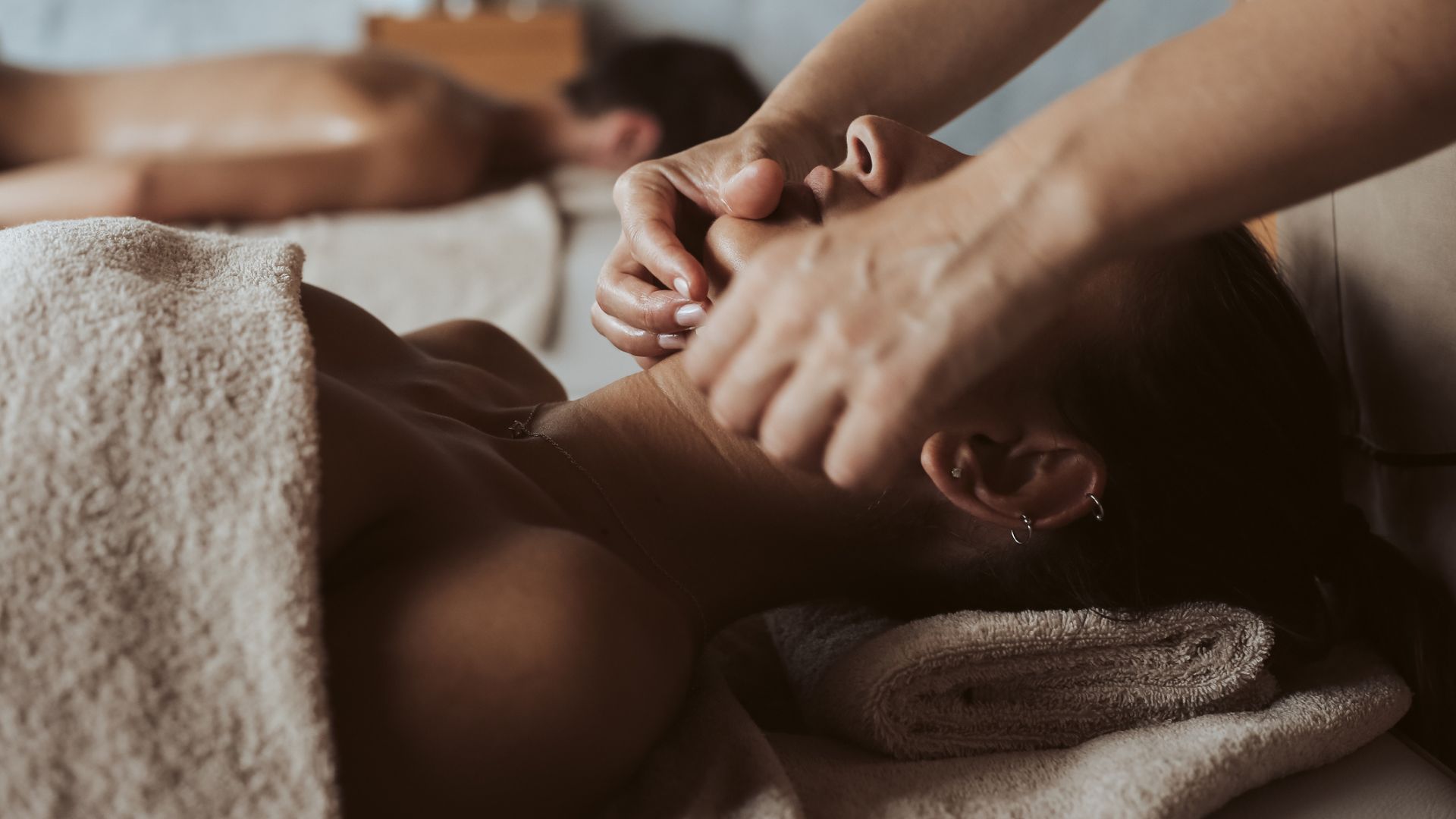How often should you get a massage? Plus, how to choose the right treatment
How often should you get a massage? Here, three experts reveal what you need to know


They're famous for helping us limber and loosen up, but how often should you get a massage? Depending on whether you’re a marathon runner, someone who hits the gym regularly, or you’re experiencing aches and pains at your desk, the answer will be different.
We often think of a massage as a holiday luxury, something to indulge in when you have spare time and energy to invest in the relaxation fully. But especially for those with an ongoing injury, or anyone suffering with a physical issue around their bones and joints, massages can be so much more than that.
Whether you're looking to learn more about the technique to find out if massages are good for you, or you want to know which one to ask for when you find a massage therapist, this is what you need to know.
How often should you get a massage?
How often you should get a massage will depend on a number of factors, but if you're recovering from an injury then starting out with a massage one to two weeks apart and gradually increasing this to become a monthly visit is the place to start, says Ann Clare, MBST UK physiotherapist.
"Typically your physiotherapist or sports rehabilitation professional will work with you to determine how often you will benefit from a deep tissue massage for your personal needs though," she adds.
If you're not dealing with an injury but you exercise regularly through running, hiking, strength training, or you have a sedentary role where you sit with your shoulders hunched, a regular visit could still be a good idea.
"A regular check-in with a physiotherapist or sports therapist on a monthly to six week basis is advised," Clare says. "These help to build upon the muscle rehabilitation, decreasing the likelihood for pain and stress to return."
Sign up to our free daily email for the latest royal and entertainment news, interesting opinion, expert advice on styling and beauty trends, and no-nonsense guides to the health and wellness questions you want answered.

What type of massage is best?
Deep tissue massage and sports massage tend to be the two that are best for sports rehabilitation, says Ann Clare. "A deep tissue massage can help to relieve muscular tension or tightness and reduce stress, while a sports massage is similar in many ways, but it's focused on a specific areas of the body that requires attention."
But personal preference is key, adds Elliot Walker, founder of The Massage Company. "You know your own body, so there's no gain to be had if you book a deep tissue massage and in reality, you like a feather-light touch," he says.
To find a massage that works best for you, consult your therapist before the massage. "During consultation, be open and honest," Walker advises, "Is there a particular muscle group that's aggravating you? Is something giving you a twinge every time you exercise? They have the knowledge and the experience to advise treatment, or a combination of massages, and will know which is best for you."
After all, there are so many different types of massage to choose from - including scalp massage for hair growth. These are the most common ones:
- Swedish: One of the most common types of general massage, it aims to energize the body through kneading, rolling, tapping, and vibration.
- Aromatherapy: This massage involves the use of the best essential oils, alongside traditional techniques.
- Shiatsu: A style of massage from Japan, Shiatsu uses pressing, kneading, soothing, tapping, and stretching techniques to alleviate common ailments.
- Hot stone: As the name suggests, this massage involves carefully placed hot or cool stones on the body with the aim of pain relief, therapy, and relaxation.
- Reflexology: Otherwise known as zone therapy, this is a massage involving pressure to specific points on the feet, ears, or hands.
- Thai: This is one of the most famous types of massage and it involves acupressure, Indian Ayurvedic principles, and assisted yoga postures.
The most important thing when considering a massage, whichever one you go for, is to go to a qualified professional. As tempting as it is to ask our partners, family members or friends to just massage our shoulders, it has its risks.
"We see many injuries, more than we would like to see in our clinics coming from a bad or incorrect massage. If you have a particular concern, please make sure you see a professional where manual therapy is their speciality," Clare adds.
Benefits of massage
When it comes to massage, many benefits are anecdotal and there actually haven't been many studies on the long-term effects of massage - despite it being a practice for thousands of years. Here are the main ones:
1. Reduces stress and increases relaxation
Want to learn how to relax your mind? Massage is definitely the answer, the experts both agree. "There’s no negative impact to experiencing regular massage only health benefits," says Walker. "Making high-quality massage both a vital, and routine part of your every day, makes for a better and balanced life."
But massage can actually have such a profound relaxing effect that it manifests in our bodies too. "Stress can physically occur within muscles after injury or overuse, causing a build-up of tension and resulting in an increase in pain," Ann Clare says.
"Stress reduction and increased relaxation are one of the most widely-felt effects of a massage. This is because the process of massage therapy helps to relieve tension in the muscles, which releases endorphins and lowers the heart rate."
Along with exercise, massage is one of the most common ways people learn how to deal with stress in a physical way, according to the National Holistic Institute's figures. The institute reported that more than 50 million American adults discussed the treatment with their doctors or healthcare providers as a means of stress relief and pain reduction in 2018.

2. Reduces muscle pain, tension and soreness
Whether you're keen on Nordic walking or you don't move around much during the day, having a massage can make a huge physical difference to your body and ease common issues we all face, like lower back pain.
"Particularly for those in sedentary roles, muscle soreness can occur as your blood flow is naturally reduced due to lack of movement. Massages help to increase the blood flow to the muscles that are being targeted," Ann Clare explains. Increased blood flow means faster delivery of nutrients, like protein for growth and repair, to the muscles that need them.
While many people think that massage then removes metabolic waste from the body, this is necessarily true - at least there aren't any studies to prove it. But what it does do is stimulate the lymphatic system, Clare says, "This speeds up the removal of metabolic waste that can cause pain and delay recovery."
3. Improves immune system
"Massages promote increased circulation and lymphatic flow," says Ann Clare. "This is key to helping move healthy nutrients throughout your body and filtering metabolic waste."
While the scientific studies on massage have pulled few definitive conclusions, there have also been lots of studies - including one by Emory University School of Medicine - that show regular massages increase the number of lymphocytes (white blood cells) in our body which play a huge role in defending the body against disease.

Grace Walsh is woman&home's Health Channel Editor, working across the areas of fitness, nutrition, sleep, mental health, relationships, and sex. She is also a qualified fitness instructor. In 2025, she will be taking on her third marathon in Brighton, completing her first ultra marathon, and qualifying as a certified personal trainer and nutrition coach.
A digital journalist with over seven years experience as a writer and editor for UK publications, Grace has covered (almost) everything in the world of health and wellbeing with bylines in Cosmopolitan, Red, The i Paper, GoodtoKnow, and more.